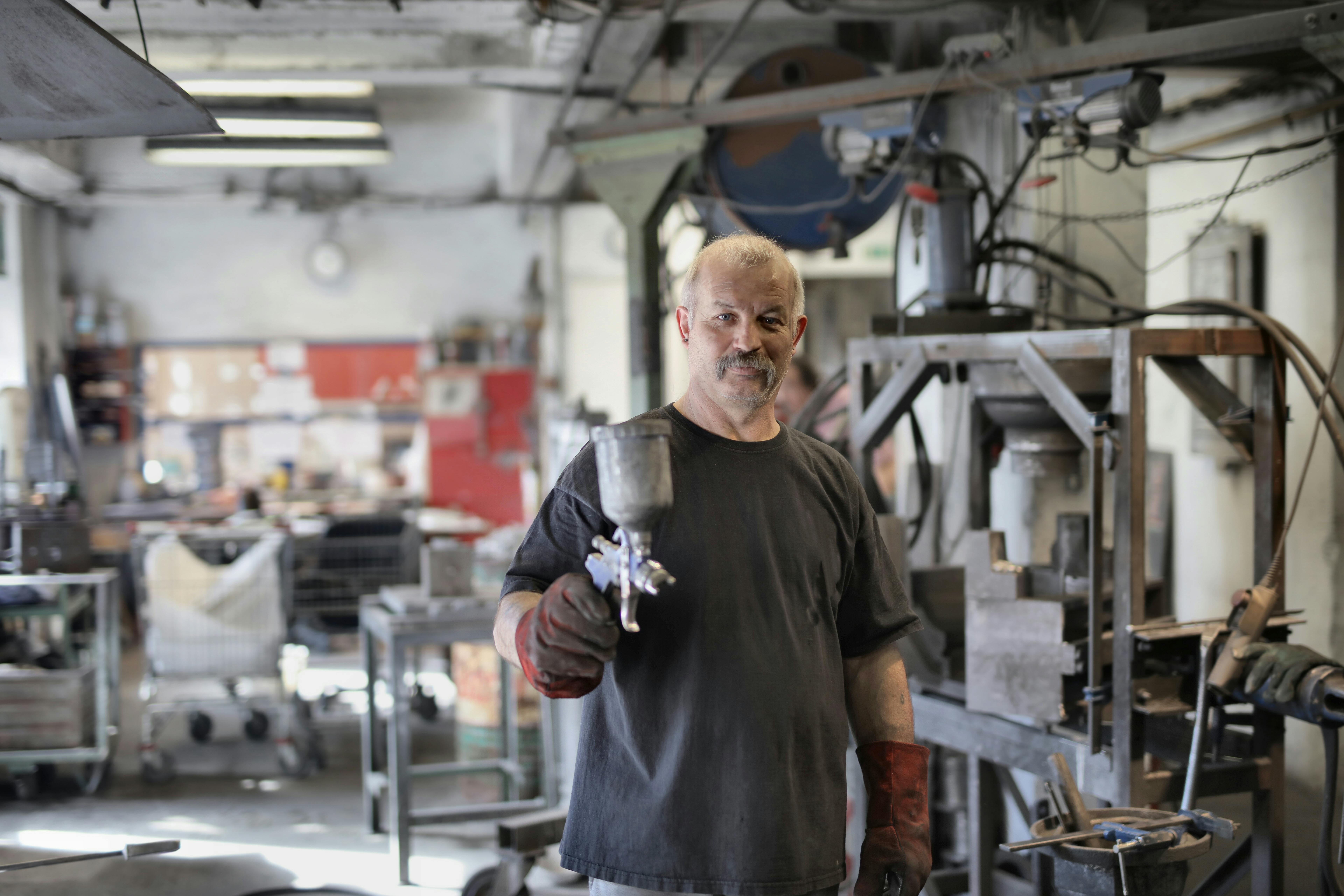If you’re running a small business, now is the time to think big, whether you’re considering expanding through equipment leasing or purchasing new business equipment assets.
The federal government’s focus on small businesses in the May budget was designed to encourage small business growth through tax cuts as well as measures to cut red tape, promote more startups and hire more employees.
Many business owners will take advantage of the opportunity to receive an immediate tax deduction on each asset they purchase worth up to $20,000. Cars, utes, tables, chairs, printers, copiers, tools, televisions, sound and security systems, computers, tablets and smartphones are just a few of the goods that can be discounted through the close of June 2017.
Short of capital? Try Equipment Leasing
While these tax breaks are great news for many small businesses, what about those that don’t have the capital available to purchase assets?
If you have a small business in this situation, equipment leasing may be your ideal “think big” solution. Instead of buying machinery, equipment or cars, a lease allows you to rent them for a manageable monthly payment. At the end of the lease term, you have the flexibility to return, upgrade or continue renting.
Leasing gives you instant access to the tools you need to grow your business, while freeing up cash flow. Since lease payments are fixed, you can plan cash flow around a known cost, allowing you to maintain “positive cash flow.”
With historically low interest rates, leasing is a viable option for any business looking to acquire an asset, whether it’s new kitchen equipment if you have a cafeteria, new tools if you’re a tradesman, or a new computer if you have a home office. .
Leasing can be particularly helpful if you need to upgrade equipment but can’t afford to buy it, or if your business relies on expensive equipment that quickly goes out of date.
There are also tax advantages in leasing. Under a leasing agreement, the company does not own the equipment for tax purposes because the financier is the one who bought the equipment and leased it to them. This means you don’t have a depreciated asset on your books and you don’t need to pay GST on the purchase price of the equipment.
Lease rebates may be tax deductible and although GST is charged on these rebates, your tax agent or the Australian Taxation Office will be able to advise you of the possibility of claiming them through your company’s Business Statement.
You want to know more equipment leasing or Novated Leasing for motor vehicles? A mortgage broker can point you in the right direction.

